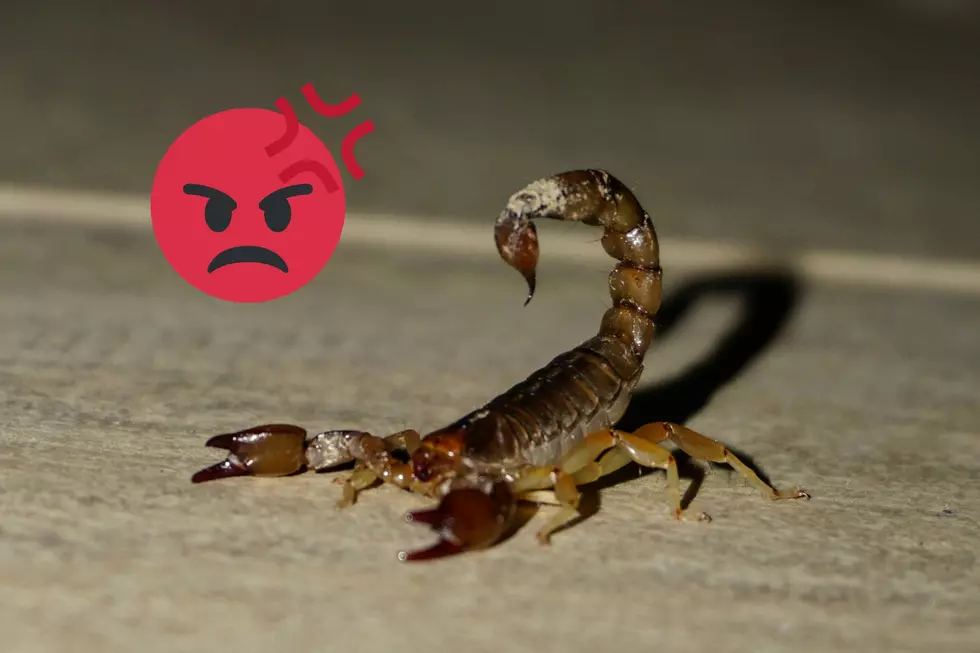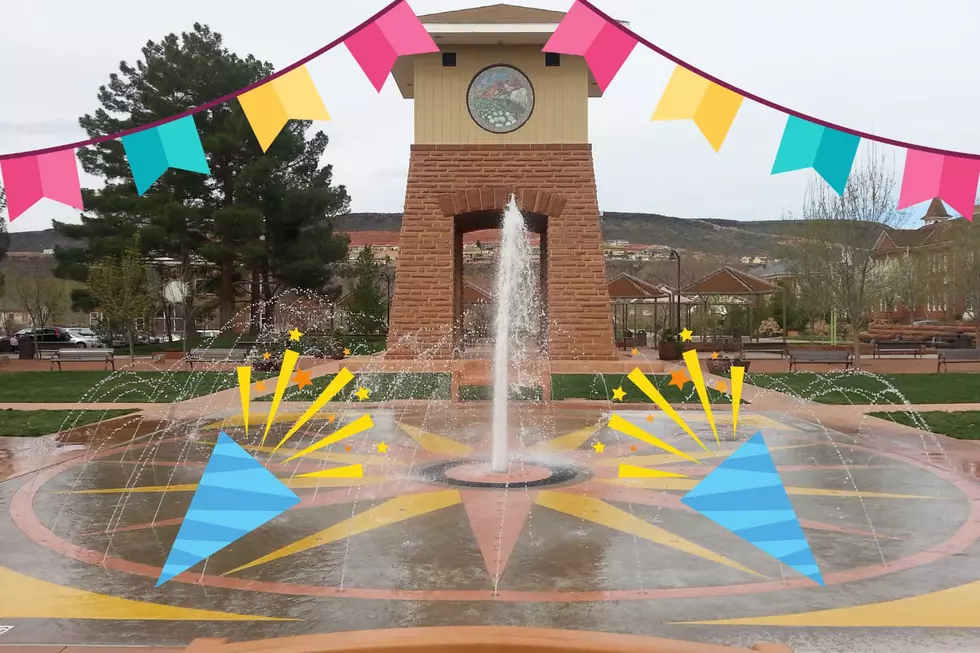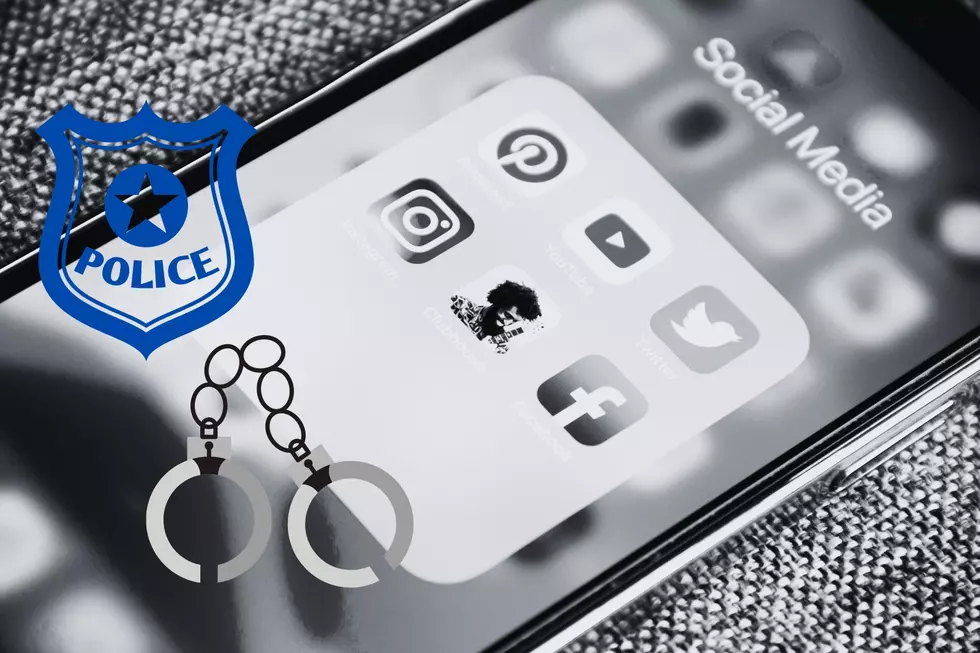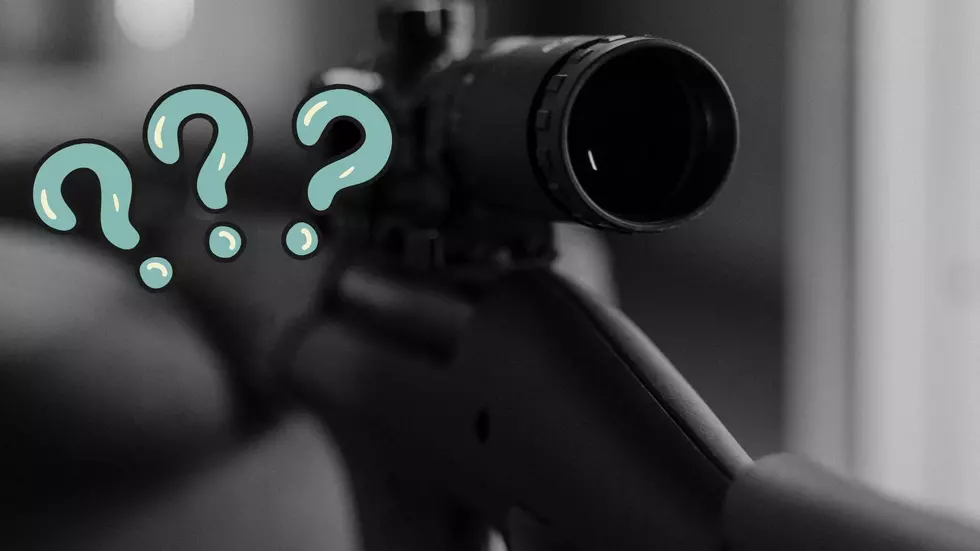
Help Utah Animals For Earth Day!
Earth Day is just a few days away and what better way to honor the planet than by helping out local critters?
The Utah Division of Wildlife Resources has six ways for locals to help their animal neighbors this Earth Day by keeping them safe and ensuring the habitat is clean. This year Earth Day is on Saturday April 22.
Here Are 6 Ways to Honor Earth Day:
DON’T LITTER!
The first way you can contribute is to reduce your plastic use and not litter. Litter/trash can cause harm to animals in several ways if not taken care of. Animals who eat plastic, paper, or even human food bits may end up with digestive issues, sometimes resulting in death.
Trash thrown out of cars attracts animals to the road and that means more chances of animal-vehicle collisions.
Just like those videos of sea turtles caught in soda plastic, the wildlife in Utah is susceptible to the same issue. Litter and debris can cause animals to get tangled making it either difficult or impossible to eat or move and the animal can die.
By reducing plastic use and making sure to properly dispose of trash, animals and their habitats will be better protected.
Report What You See
Get involved with the wildlife scene of Utah and download the iNaturalist app. The app records sightings of reptiles and amphibians and any other wildlife sighting, from a safe distance of course. The Herps of Utah group keeps track of the submitted data and inputs it into the state database. Join the group to be involved in informed conservation decisions about local species.
"Community science observations provide very useful data that can be used to help us monitor native animals," DWR Native Herpetology Species Coordinator Megen Kepas said. "Reptiles and amphibians in particular are usually only very active at certain times of the day and year. Records that are added to the Herps of Utah group can help us gather information over a broad period of time and over a large geographic range. This helps us to capture data points that could have otherwise been missed."
Its Night, Turn Off Those Lights
There are a surprising number of animals impacted by outdoor lights, especially this time of year. Bird species are known to migrate during the darker hours. The outside lights can cause those migrating birds to get thrown off course and run into buildings.
Since it’s mating season, outdoor lights can even affect that too. Air pollution can impact both frogs and birds who may have the timing or frequency of the mating call thrown off. This could eventually lead to lower population numbers.
The Utah DWR says thousands of birds die each year from flying into windows (we have all had this happen). One way to stop those darn birds from scuffing up your window (and dying) is to break up the reflections from your window. Do this by adding film, paint, or strings no more than two inches high or wide to your windows. You can also add a screen.
Don’t Feed the Zion National Park Squirrels (or Any Other Animals)
Yes, the critters at Zion are super adorable but don’t feed them. It may not be illegal to feed wildlife except under specific no-feeding ordinances, but there are plenty of good reasons as to why you shouldn’t.
- Public Safety Concern- Speaking of squirrels, if you have been to ZNP then you may be familiar with how those aforementioned squirrels have zero personal space and will rummage through any bag or pocket if they can.
- Diseases- Diseases can spread like avian flu in waterfowl and raptors and wasting disease in elk, moose, and deer.
- Harm to Animals from Alien Foods- Foreign foods can hurt animals especially if their systems are not made to digest certain items.
By feeding the wildlife repeatedly from the same location, animals will form a habit that could cause issues like property damage. Though there was an emergency deer feeding put into place this winter up north, it had specific circumstances that allowed the DWR to enact it.
Don’t Move It
Transferring wildlife is a big no-no. In fact, transferring fish to different bodies of water is illegal. Transferring or moving wildlife can result in invasive species and the spread of disease. Also, check your footwear when visiting bodies of water so you don’t spread disease through your shoes.
Get That License
When you get a hunting or fishing license you are giving 100 percent of the fee to conservation around the state. Hunting and angler groups provide funding for conservation projects that help protect and manage Utah's wildlife.
LOOK: Here are the states where you are most likely to hit an animal
More From KDXU 890 & 92.5









